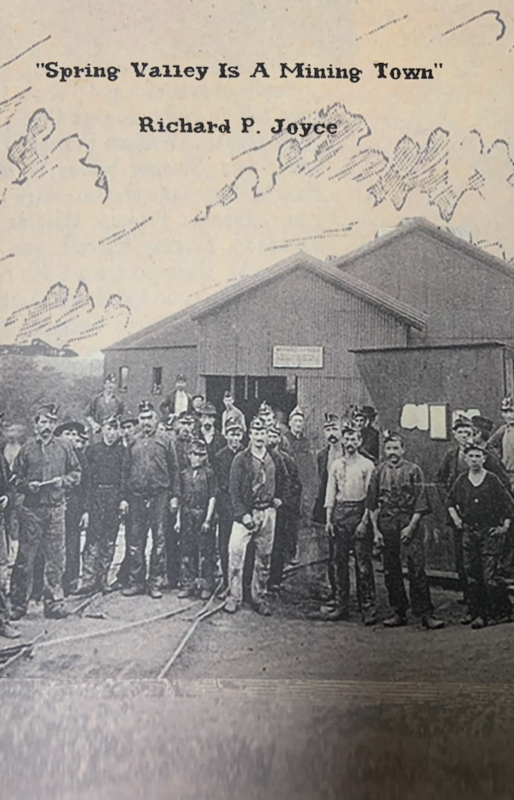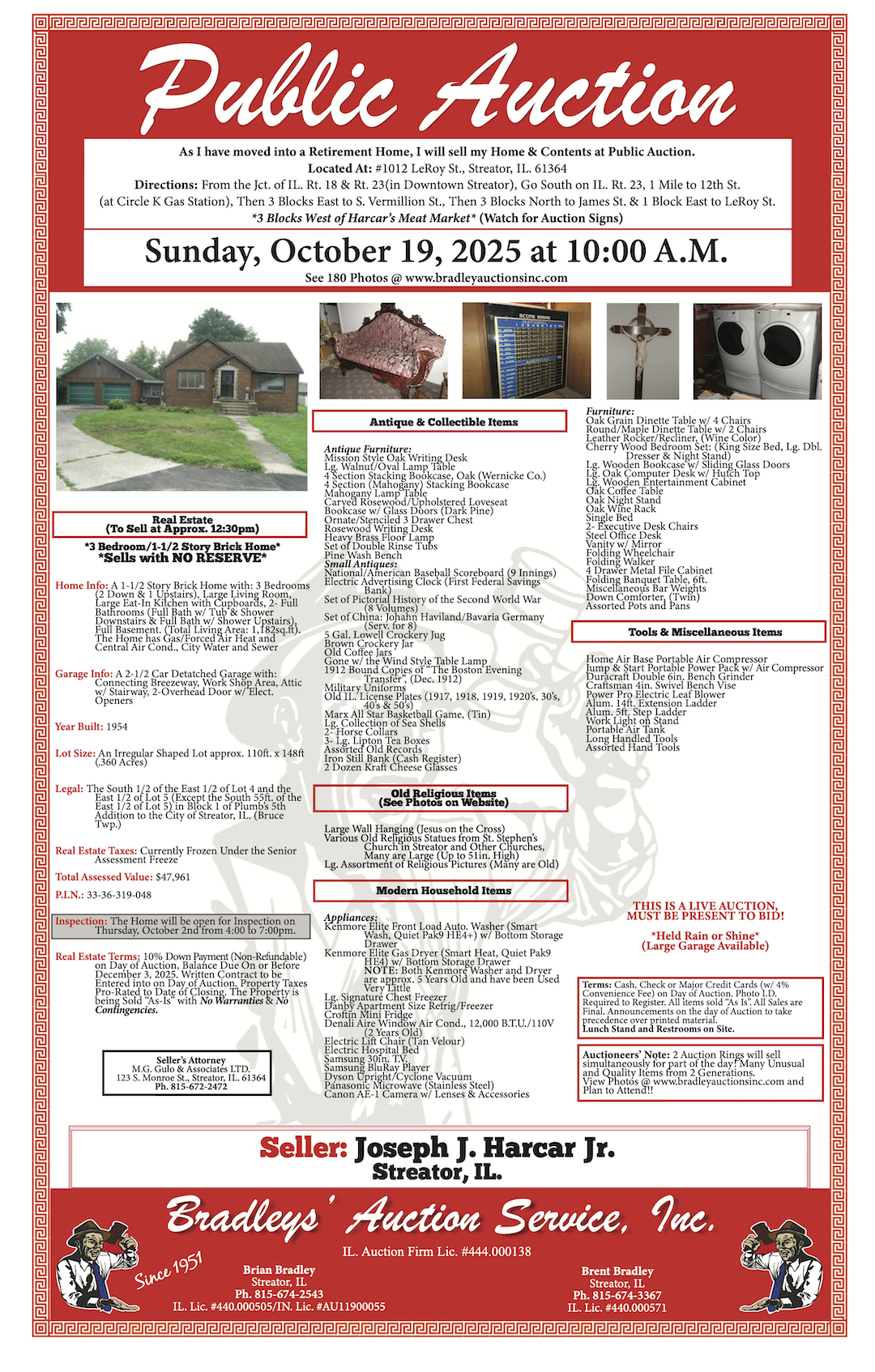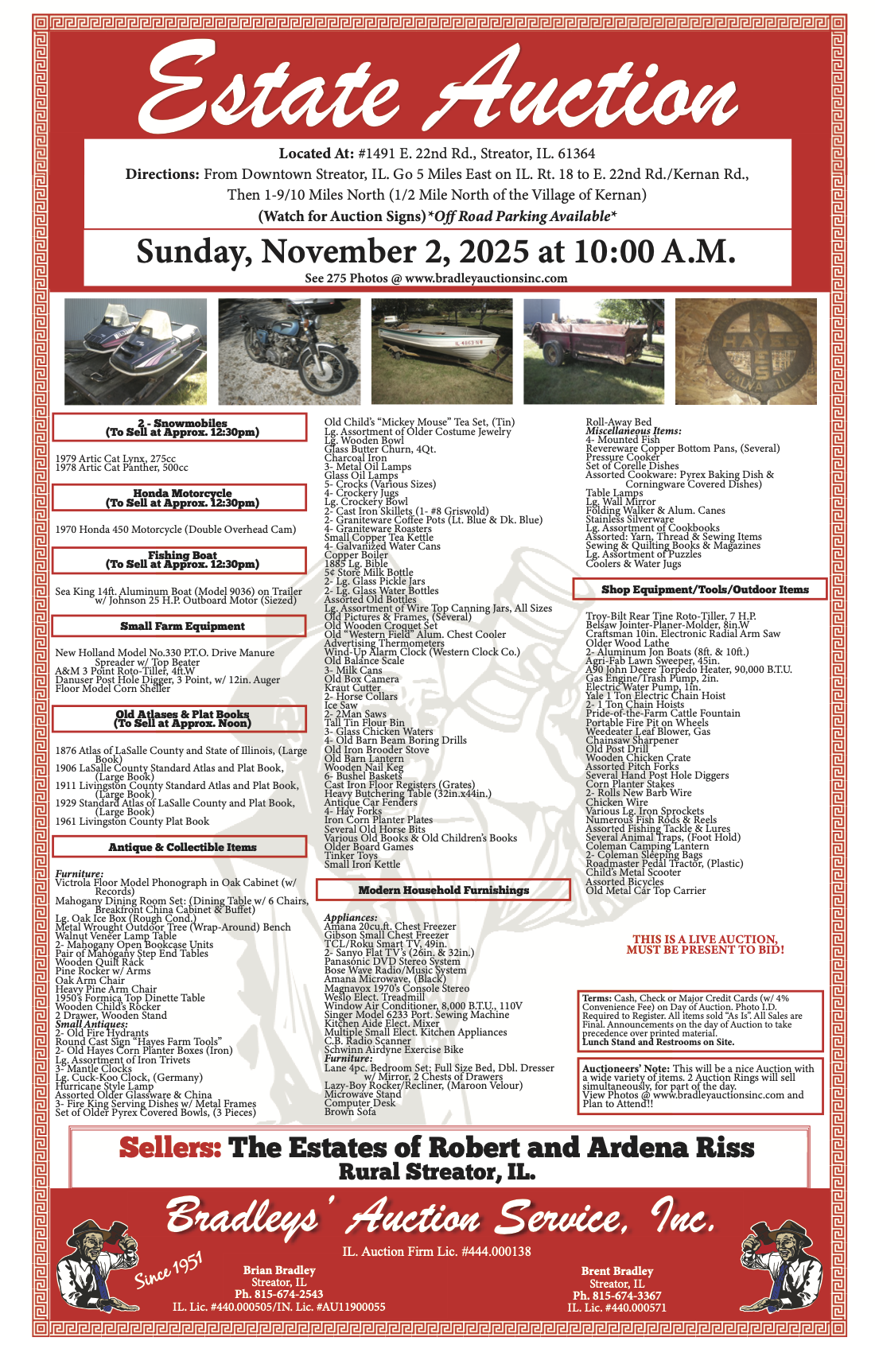 Former South Wilmington area resident Richard Joyce has published a book titled “Spring Valley is a Mining Town.” It chronicles the struggles between agents of the Spring Valley Coal Company and many of the residents of the coal town in eastern Bureau County during the rip-roaring mining years. As one would expect, miners and coal company officials often argued about wages, frequency of paydays and the weighing of coal, but conflicts arose over many other issues in the community—the regulation of saloons, assessment of coal company property, and the control of school boards as well as city and township government. Joyce notes that the coal company needed the labor of its mostly-immigrant workforce but often did not like the workers’ beliefs and behavior.
Former South Wilmington area resident Richard Joyce has published a book titled “Spring Valley is a Mining Town.” It chronicles the struggles between agents of the Spring Valley Coal Company and many of the residents of the coal town in eastern Bureau County during the rip-roaring mining years. As one would expect, miners and coal company officials often argued about wages, frequency of paydays and the weighing of coal, but conflicts arose over many other issues in the community—the regulation of saloons, assessment of coal company property, and the control of school boards as well as city and township government. Joyce notes that the coal company needed the labor of its mostly-immigrant workforce but often did not like the workers’ beliefs and behavior.
Joyce said he first became interested in Spring Valley while researching area mining towns such as Braidwood, Carbon Hill and Clarke City many years ago, and notes that many area miners and their families moved to the town when the mines began operating there in the mid-1880s. He gathered information from old newspapers, court cases, census records, county histories, and minutes from city council, union, and school board meetings. The book describes the miners’ struggles, contentious elections, the killing of striking miners by federal troops, the looting of the company store, the antics of anarchists, the rise of labor leader John Mitchell (born in Braidwood) and the miners’ union, and the tensions between the town’s numerous ethnic and religious groups. The author asserts that the workers were often able to successfully counter the efforts of the company to control their lives and thus ease the effects of living in a so-called “company town.”
This book illuminates various aspects of the struggle between the officers of the Spring Valley Coal Company and much of the population in the town it created. In short, the coal company needed the labor of their mostly-immigrant workforce, but it often disliked their beliefs and behavior. One would expect workers and their employers to dispute wages, hours of work and other conditions of employment, but the contests in Spring Valley spilled over into other areas of life outside the workplace—control of schools and city government, regulation of saloons, taxation of coal property, and coping with anarchists. The history of Spring Valley during its turbulent rip-roaring mining decades provides much insight into the agency of workers during the age of industrialization. A newspaper article in 1901 stated, “Spring Valley is a mining town.” Here is its story.
Richard Joyce, a retired educator, is a descendant of coal miners on both sides of his family. He has been researching northern Illinois coal miners and their communities for decades. He lives with his wife in Coal City, Illinois.
 Joyce grew up on a farm near South Wilmington and descends from miners on both sides of his family. One of his great grandfathers mined in Pennsylvania, Illinois, Missouri and Kansas while another dug coal in Oklahoma and Illinois. Joyce graduated from GSW High School and taught 34 years at the high school level and several semesters at the University of St. Francis in Joliet. He also served many years on the Grundy County board, He and his wife live in Coal City.
Joyce grew up on a farm near South Wilmington and descends from miners on both sides of his family. One of his great grandfathers mined in Pennsylvania, Illinois, Missouri and Kansas while another dug coal in Oklahoma and Illinois. Joyce graduated from GSW High School and taught 34 years at the high school level and several semesters at the University of St. Francis in Joliet. He also served many years on the Grundy County board, He and his wife live in Coal City.
“Spring Valley is a Mining Town” is available from the publisher Lulu.com (click on “bookstore” and type in Spring Valley) and from the author at joyces90@comcast.net.
































